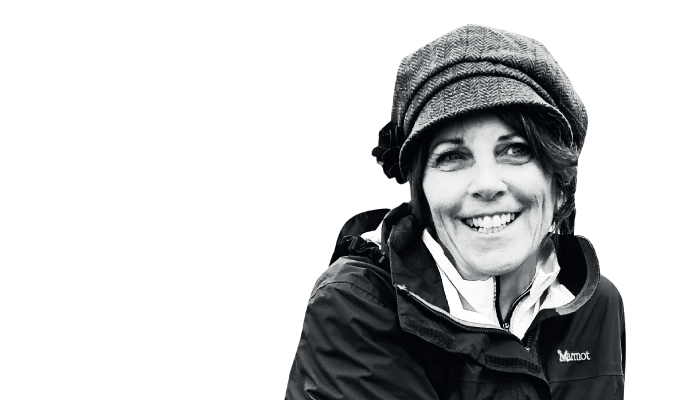
I’ve worked with a number of medical societies over the last 20 years, and I’ve picked up on a recurring theme: quality. In short, it has become an increasingly difficult task to balance quality with cost in healthcare. The USA administration – whether it is headed by Obama, Trump or someone else – makes changes that it believes will ensure healthcare quality, but – in reality – the impact of such changes on physicians across the country is rarely well understood. Time and time again, the administration fails to reach out to the medical community, viewing those within it as simple bystanders. But they are far from bystanders – they are the front line.
In my experience, everybody in healthcare is connected, and if one part of the system goes rogue, it has a direct effect on how physicians practice medicine elsewhere. Unfortunately, in recent years we’ve stopped trusting medical professionals, and forced them to practice defensive medicine. One example: the introduction of a new electronic medical records program. This particular decision has not only meant doctors have had to learn a whole new system – they now also have to deal with the inevitable: programs failing, which makes it difficult for them to defend their decisions if or when the records come into question. All of this contributes to increasing pressure on physicians, which has led to the high level of burnout and early retirement that we see today. It’s great to advocate for patients – and we should certainly continue to do so – but we also need to advocate for physicians because, while they are busy taking care of people, no one is taking care of them.
One key problem that needs to be tackled, both in the medical community and general society, is the move away from being part of a support network or group. Rather than joining forces with those of a similar mindset or in a similar situation, we have become much more focused on individualism. But this simply does not work in medicine, where it’s crucial that physicians focus not only on their own specialty, but also consider healthcare in general terms.
Last year, the societies I am involved with testified on more than 40 different pieces of healthcare legislation. We got involved with the opioid crisis, insurance and liability issues, and looked at the impact that these components will have on the healthcare delivery system as a whole. It is through such joined-up approaches that we can really begin to face the current challenges in ophthalmology. I believe it is essential for physicians to belong to some sort of organization – perhaps a society that will fight some of these battles for you, and work to unite people, with a common voice.
Thankfully, I am starting to see the rise of medical societies once more, as people begin to realize that they simply cannot do it all alone. I believe it’s extremely important for people to have support from a network. Physicians, in particular, need that community and collegiality. They need to know that there are others out there with the same questions and problems. No one can (or should have to) shoulder the pressure alone.
